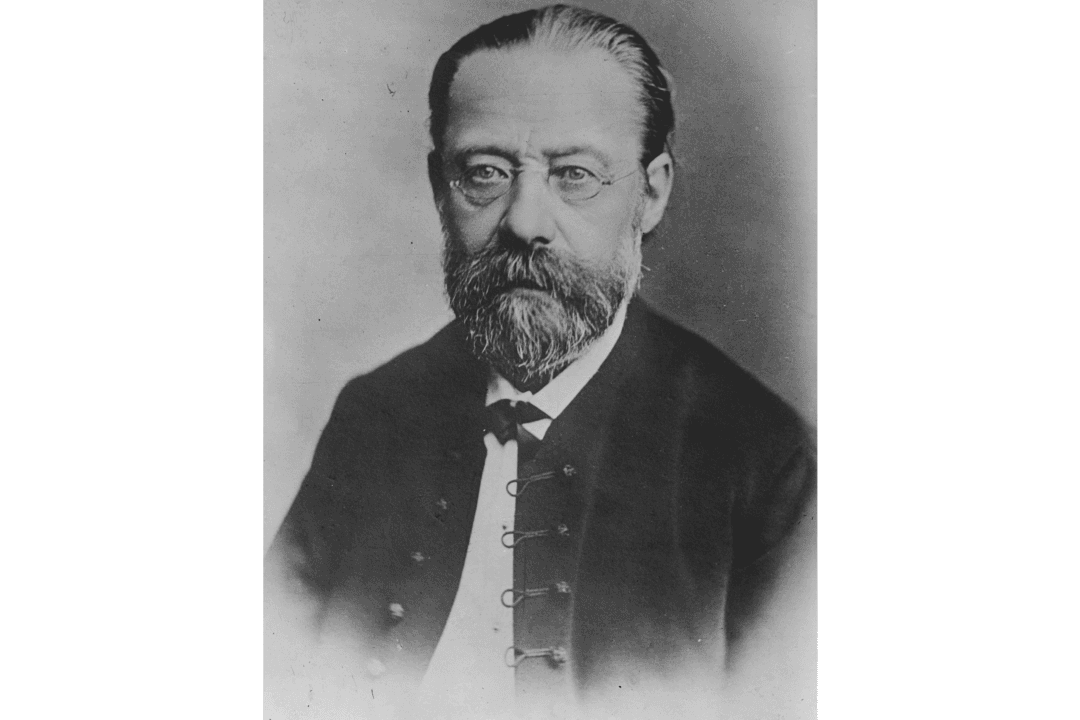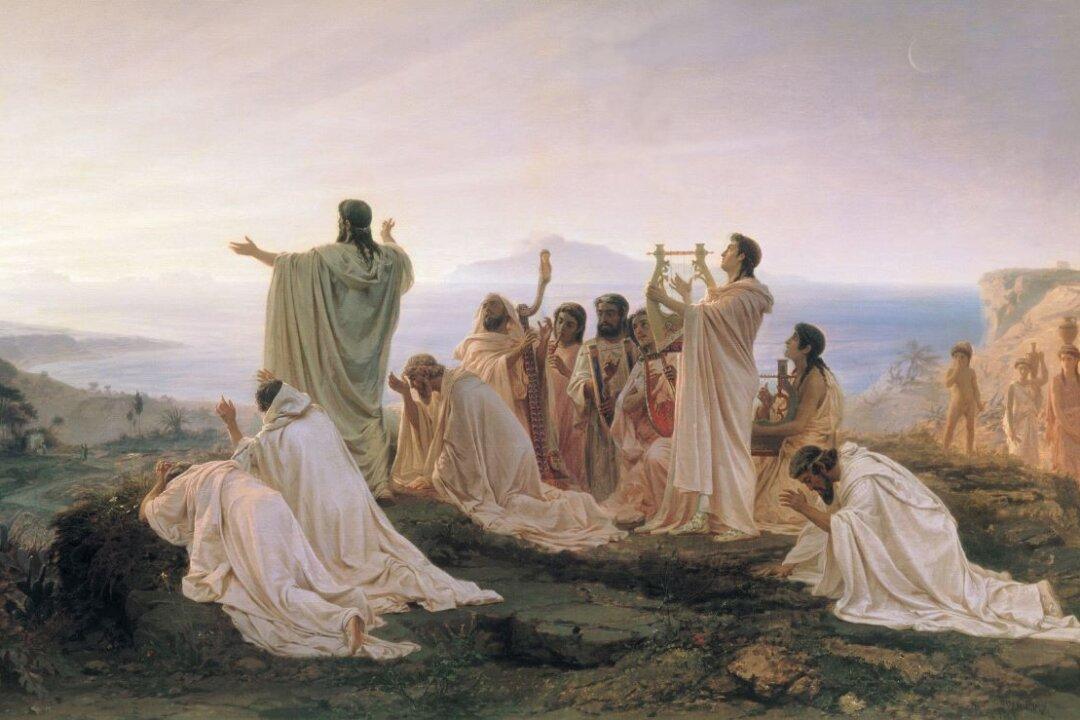Smetana’s status as the founder of Czech music is a label that, as with so many artists, was only recognized after his death. According to musicologist Brian Large, “Only a few years before [his death], he had been spurned, labelled ‘Wagnerian’ and accused of impeding the way of musical progress.”
Into the early 19th century, Czech music was dominated by Italian opera and the influence of Mozart. But as the feudal order collapsed, and a new industrial-based middle class sought to emulate their sophisticated German neighbors, a desire developed to establish a more unique native music register.





